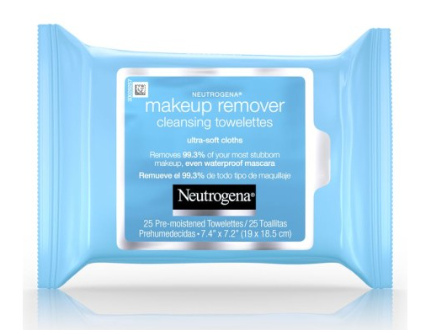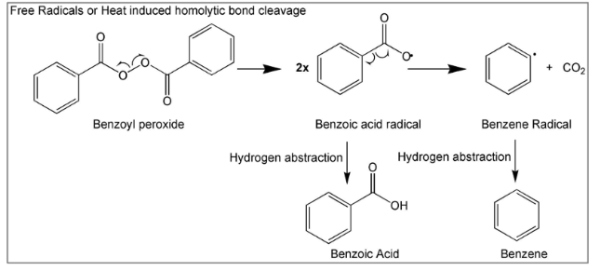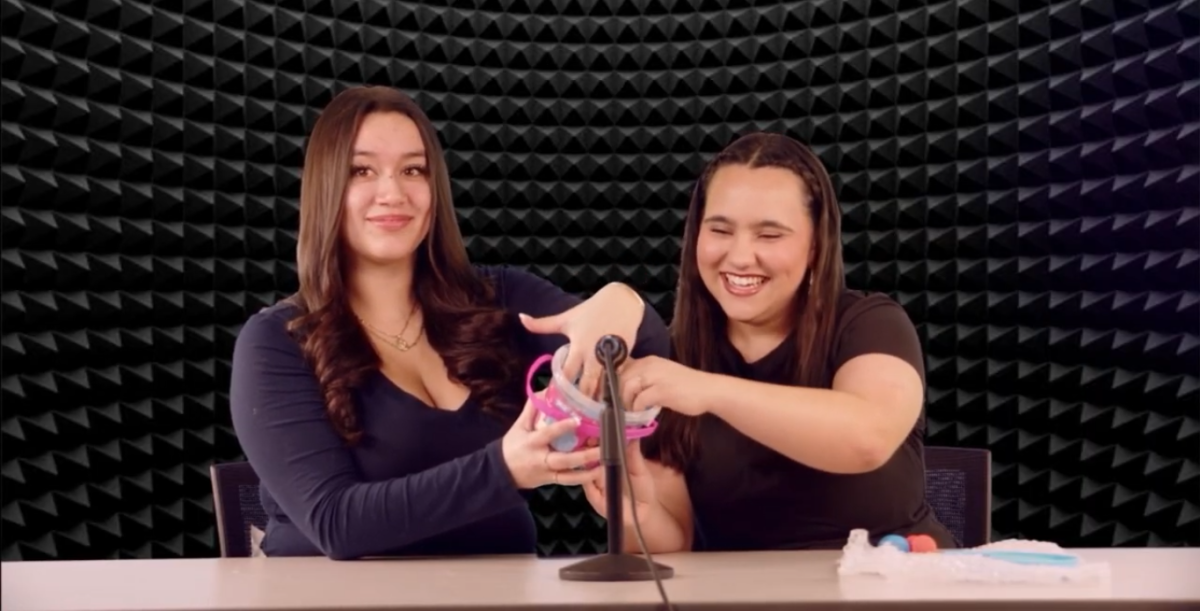There have always been arguments and discussions surrounding skincare products and the ingredients they should or shouldn’t be able to use. It’s likely something that won’t change as research advances and new data comes out. These are just a few products and some ingredients that have a lot of mixed opinions among the community.
Skincare Products that are not the Best
Some products might either be heaven on skin or poisons disguised as remedies. The worst part is that most people don’t know the difference until it’s already brought into their homes. Here are some products that are most commonly mentioned to stay away from.
St. Ives Apricot Scrub

St. Ives Apricot Scrub is a very powerful exfoliate. It’s not recommended among the beauty or skincare community due to how harsh it is on the skin. This product contains lots of acids, alcohols, strong oils and extracts that can make the skin flare up and cause breakouts. One of it’s main ingredients is crushed walnut shells. These small pieces of the shell often have sharp and jagged edges and when applied on the skin, can cause micro tears and abrasions. It’ll make your skin irritated, more sensitive, and more prone to drying.
Make-Up Remover Wipes: All Brands

Make-Up Remover Wipes in general aren’t harmful to the skin and are fine to use every once in a while. However, they shouldn’t be a replacement for fully cleansing your skin since they’re not able to get everything off the face. More often than not, wipes will smear the make up deeper into your skin. This leaves a ton of residue which can cause breakouts and irritation down the line.
Charcoal Peel-Off Masks: All Brands

Charcoal masks have gained popularity over recent years, often advertised as a good way to get rid of blackheads, remove dirt and buildup, and reduce acne. They are right in that regard. However, charcoal doesn’t discriminate when it comes to detoxifying. Charcoal also removes good skin cells and vellus hair, often referred to as peach fuzz, which can leave the skin raw, irritated, and more sensitive. Using these masks is not bad when used every once in a while, but frequent use of it will do more harm than good to the skin.
Controversial Skincare Ingredients:
BHA vs. BHA, There’s a Difference!

Don’t get the two ingredients twisted. Beta hydroxy acid is an acid that is derived from plants, usually tree bark or leaves. It is oil-soluble, meaning that it’s a compound that dissolves in oil, making it perfect to get into sebaceous glands and get rid of excess oil on the skin. Salicylic acid is the most common ingredient in skincare products and is mainly used to regulate oil production and treat acne breakouts. People with sensitive skin may have to use salicylic acid in small concentrations. This BHA is known for deep cleaning pores which can cause some irritation based on the sensitivity of the skin, but is overall safe to use. Butylated Hydroxyanisole, however, is mainly recognized as a food preservative but is used in some skincare products to increase shelf-life. It is also an ingredient that the FDA recognizes to be cancerous when ingested in large amounts. This is where the controversy around using it stems from. Some people confuse beta hydroxy acid (BHA) with butylated hydroxyanisole (BHA) when in reality, they’re two separate ingredients with the same abbreviation.
Coal Tar
There are different types of coal tar that have different strengths. Research done by the National Cancer Institute says that Coal Tar is a known carcinogen that increases the risk of skin cancer, but only when applied in large concentrations. According to the FDA, “…products with coal tar concentrations between 0.5% and 5% are safe…” (WebMD, 2024). If any product or medication were to go above that threshold, a warning is warranted. When it comes to skincare products, most of them don’t go past 5%.
Benzoyl Peroxide: From Safe to Cancerous

There has been recent news about some skincare brands containing a large amount of cancerous chemicals in some of their products. A news post made by USA Today has shared results from a recent study done by an independent lab. This study shows that benzene was found in multiple skincare products, specifically those that target acne. Benzene is a known carcinogen that is recognized by the Department of Health and Human Services, Food and Drug Administration, National Cancer Institute, and many more health organizations. Benzoyl Peroxide is an ingredient that is safe when used in small amounts and is regulated by the FDA. However, lab results have found that when these products are stored in high temperatures, benzoyl peroxide breaks down and can form into benzene. Other products found to contain benzene are:
- Proactive Acne Treatment Products
- Aveeno’s Sunscreens
- Neutrogena’s Sunscreens
- Clearasil’s Acne/Pimple Products
- Target’s Up&Up
- PanOxyl Acne Foaming Wash (10% Benzoyl Peroxide)
It is being argued that when stored in a safe temperature, these products are generally safe on skin, but is an issue that is still being discussed. Many dermatologists do state that it’s better to avoid this ingredient in skincare and find alternative products. For acne, products with salicylic acid are a good alternative.
Parabens
Parabens have been a reoccurring ingredient that is often brought up in discussions about cosmetics. It is very popular in make-up and skincare products. It’s not known to be cancerous nor a mutagen. There is no known harm being done to humans by using products that have this ingredient, so what is the controversy? The real toxicity comes from it’s impact on our endocrine system. In vitro and animal studies, it’s shown to create hormone imbalances in the body which causes difficulty in producing hormones, impaired fertility, and reproductive issues. Since this result is only found in animals, it isn’t certain whether it will have the same effect on humans, but the fact that parabens are frequently used raises red flags for some people.
Keep your eyes peeled!
Remember, you know your skin best, so shop according to your means. Being cautious of what you buy is never a bad idea. If you’re not sure about what products to avoid or can’t find ingredients on a specific product, click here –> https://www.ewg.org/skindeep/. Just type in whatever personal care brand you want and the ingredients list will pop up along with how safe it is on skin. It will even show you the specific ingredients contained that can be harmful and ones that are safe to use.
Stay safe and happy shopping!
Work Cited:
Center for Food Safety and Applied Nutrition. (n.d.). Beta hydroxy acids in cosmetics. U.S. Food and Drug Administration. https://www.fda.gov/cosmetics/cosmetic-ingredients/beta-hydroxy-acids
Coal tar and coal-tar pitch – cancer-causing substances. National Cancer Institute. (2022, December 5). https://www.cancer.gov/about-cancer/causes-prevention/risk/substances/coal-tar
The dirty Dozen: Bha and bht. David Suzuki Foundation. (2022, April 20). https://davidsuzuki.org/living-green/dirty-dozen-bha-bht/
Susanto, G. C. (2021, January 17). Popular skincare brands that are actually harmful . Unpublished. https://www.unpublishedzine.com/fashion-beauty/popular-skincare-brands-that-are-actually-harmfulnbsp
VALISURE detects benzene in benzoyl peroxide. Valisure. (2024, March 6). https://www.valisure.com/valisure-newsroom/valisure-detects-benzene-in-benzoyl-peroxide
Wong, K. (2024, March 11). Cancer-causing chemical found in skincare brands including Target, proactive, clearasil. USA Today. https://www.usatoday.com/story/money/2024/03/11/carcinogen-linked-popular-acne-products-report/72923255007/
Yarbrough, J. L. (2020, June 16). 7 trendy skin care products to never put on your face. Healthline. https://www.healthline.com/health/beauty-skin-care/products-not-to-use-on-face#7.-Glamglow-Glittermask-Gravitymud-Firming-Treatment-Mask




















